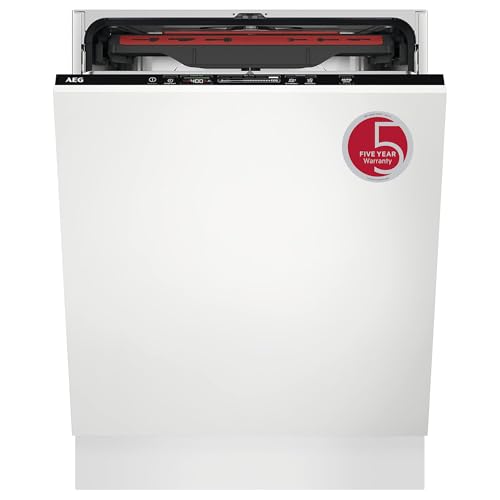




When it comes to doing laundry, there are many products available that claim to make your clothes cleaner and fresher. One such product is fabric conditioner, which is typically used in addition to detergent. However, some people may wonder if fabric conditioner can be used on its own, or as a replacement for detergent.
The short answer is no, fabric conditioner cannot be used as a detergent. Detergent is specifically formulated to remove dirt, stains, and odors from clothing, while fabric conditioner is designed to soften and freshen fabrics. While fabric conditioner can leave your clothes feeling soft and smelling great, it does not have the cleaning power of detergent.
Using fabric conditioner alone, without detergent, may leave your clothes feeling soft, but it will not remove dirt or stains. Additionally, using fabric conditioner as a substitute for detergent may result in a buildup of residue on your clothing over time.
So, while fabric conditioner can be a great addition to your laundry routine, it should always be used in conjunction with detergent for the best cleaning results. This will ensure that your clothes are not only soft and fresh, but also clean and free of dirt and stains.
Tip: If you’re looking to freshen up your laundry without using detergent, consider using a laundry scent booster instead. These products are specifically designed to add fragrance to your clothes without the cleaning power of detergent.
Fabric Conditioner vs Detergent: What’s the Difference?
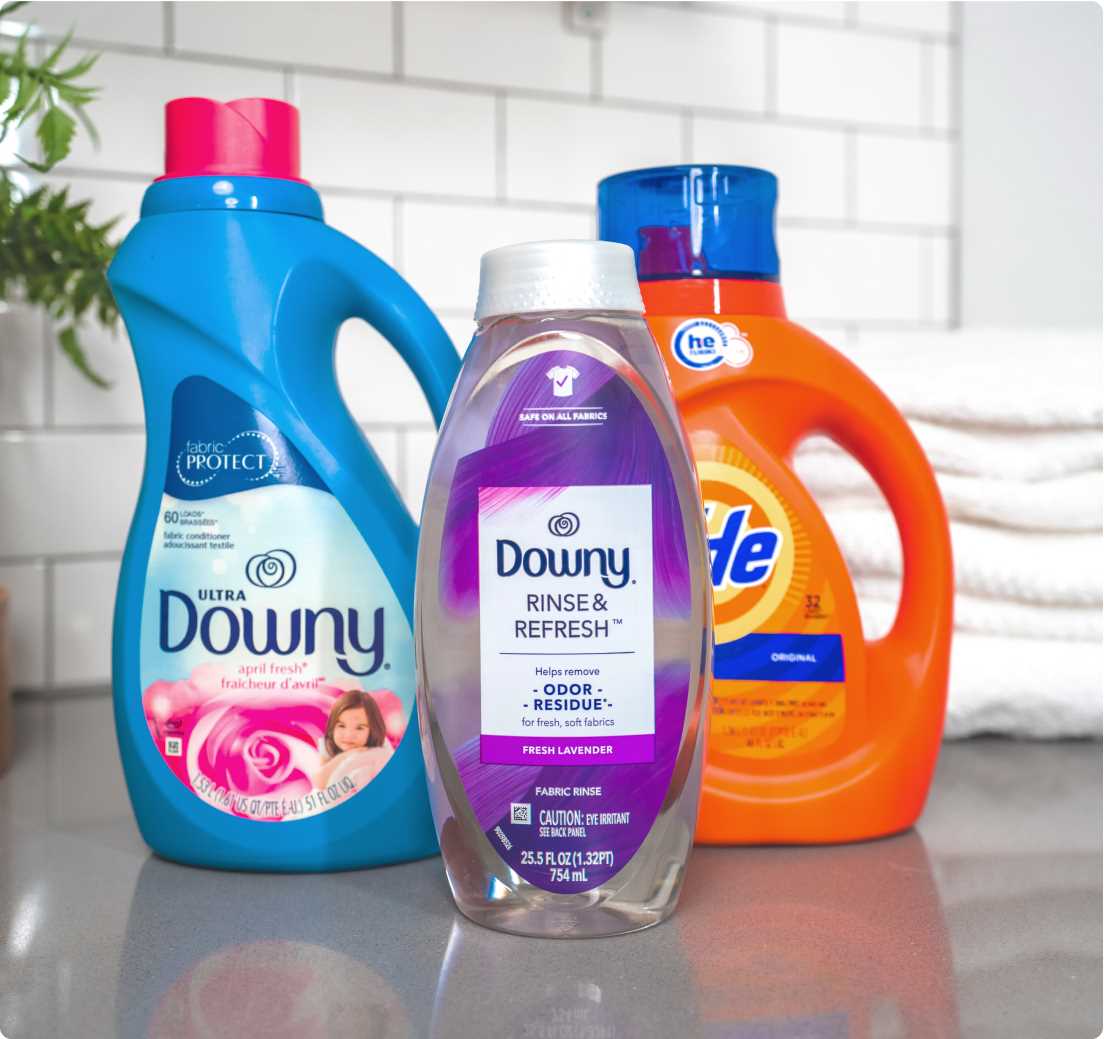
When it comes to doing laundry, fabric conditioner and detergent are two products that are commonly used. While they both play a role in cleaning and maintaining clothes, there are some key differences between the two.
Detergent
Detergent is a cleaning agent that is specifically designed to remove dirt, stains, and odours from fabrics. It contains surfactants, enzymes, and other chemicals that help break down and remove dirt particles from the fabric. Detergent is typically used in the washing machine or for hand washing clothes. It is available in various forms such as powders, liquids, and pods.
Key points about detergents:
- Detergents are designed to remove dirt, stains, and odours from fabrics.
- They contain surfactants, enzymes, and other chemicals that help break down and remove dirt particles.
- Available in different forms like powders, liquids, and pods.
- Suitable for regular laundry loads and heavily soiled garments.
Fabric Conditioner
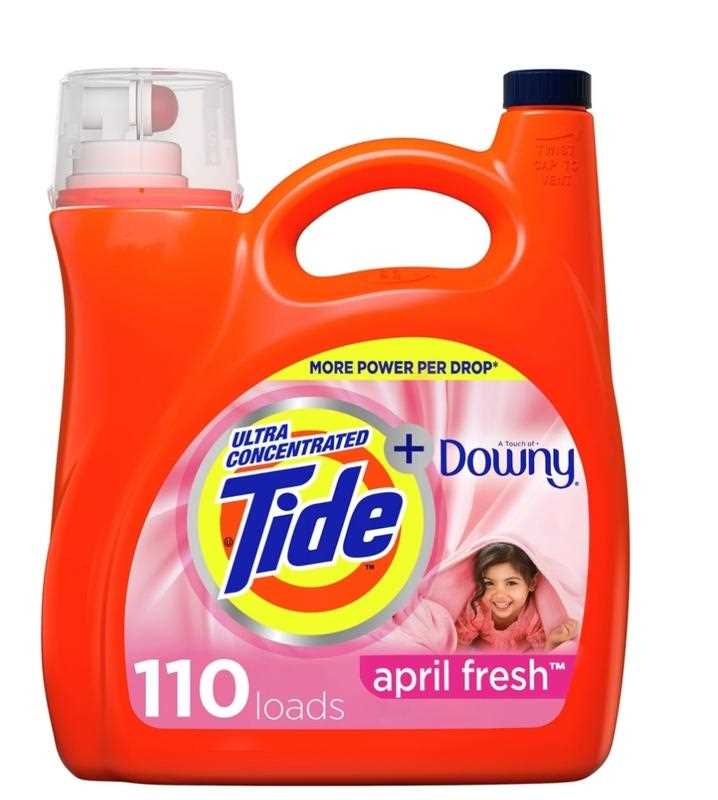
Fabric conditioner, on the other hand, is a product that is used after washing clothes with detergent. It helps to soften the fabric, reduce static cling, and make clothes feel smoother and more comfortable to wear. Fabric conditioner also provides a fresh scent to the clothes, leaving a pleasant fragrance. It is typically used in the final rinse cycle of the washing machine or added to the water when hand washing clothes. Fabric conditioner is available in liquid form.
Key points about fabric conditioners:
- Fabric conditioners soften the fabric and reduce static cling.
- They provide a fresh scent to the clothes.
- Typically used in the final rinse cycle of the washing machine or added to the water when hand washing clothes.
- Available in liquid form.
Differences
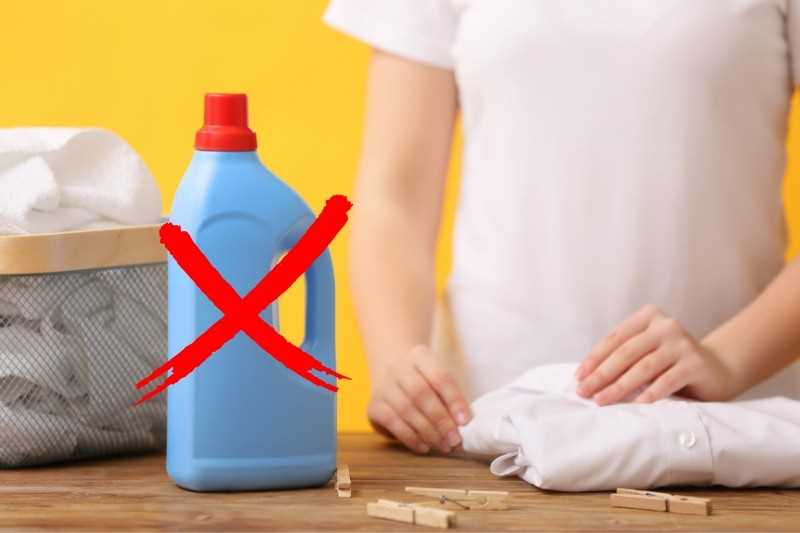
The main difference between fabric conditioner and detergent is their purpose and usage. Detergent is used to clean and remove dirt, stains, and odours from clothes, while fabric conditioner is used to soften the fabric and provide a fresh scent. Detergents are suitable for regular laundry loads and heavily soiled garments, while fabric conditioners are used after washing clothes with detergent.
| Detergent | Fabric Conditioner | |
|---|---|---|
| Purpose | Clean and remove dirt, stains, and odours | Soften fabric and provide a fresh scent |
| Usage | Used in the washing machine or for hand washing clothes | Used in the final rinse cycle of the washing machine or added to the water when hand washing clothes |
| Form | Powders, liquids, pods | Liquid |
It is important to note that fabric conditioner should not be used as a substitute for detergent. Fabric conditioner alone is not designed to remove dirt and stains from clothes. It is always recommended to use detergent for cleaning clothes and fabric conditioner for softening and freshening them.
Understanding the Functions of Fabric Conditioner
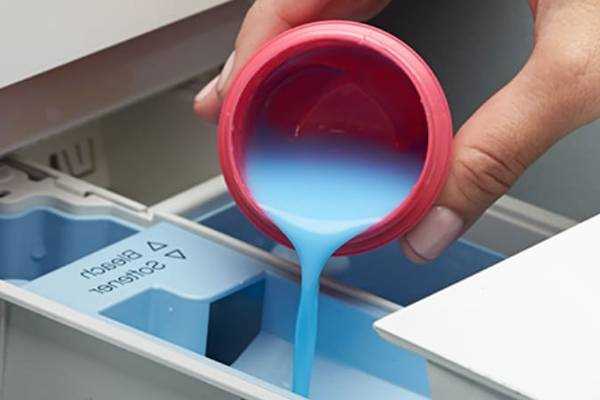
Fabric conditioner is a laundry product that is commonly used in conjunction with detergent to enhance the softness, freshness, and overall quality of clothes. While detergent is primarily responsible for removing dirt and stains, fabric conditioner provides additional benefits to the laundry process.
1. Softening the Fabric
One of the primary functions of fabric conditioner is to soften clothes. During the washing process, detergent can sometimes leave the fibers feeling rough and stiff. Fabric conditioner works by coating the fibers with a thin layer of lubricants, making them feel softer to the touch. This can be particularly beneficial for towels, bed sheets, and clothing items that come into direct contact with the skin.
2. Reducing Static Cling
Static cling is a common issue that occurs when clothes rub against each other in the dryer. Fabric conditioner helps to reduce static electricity by neutralizing the charges on the fabric. This prevents clothes from sticking together and clinging to the body, making them easier to wear and handle.
3. Eliminating Wrinkles
Fabric conditioner can also help to reduce the appearance of wrinkles in clothes. The lubricants in fabric conditioner loosen the fibers of the fabric, allowing them to relax and smooth out more easily. This can be especially helpful for garments that are prone to wrinkling, such as dress shirts, blouses, and linen clothing.
4. Improving Fragrance
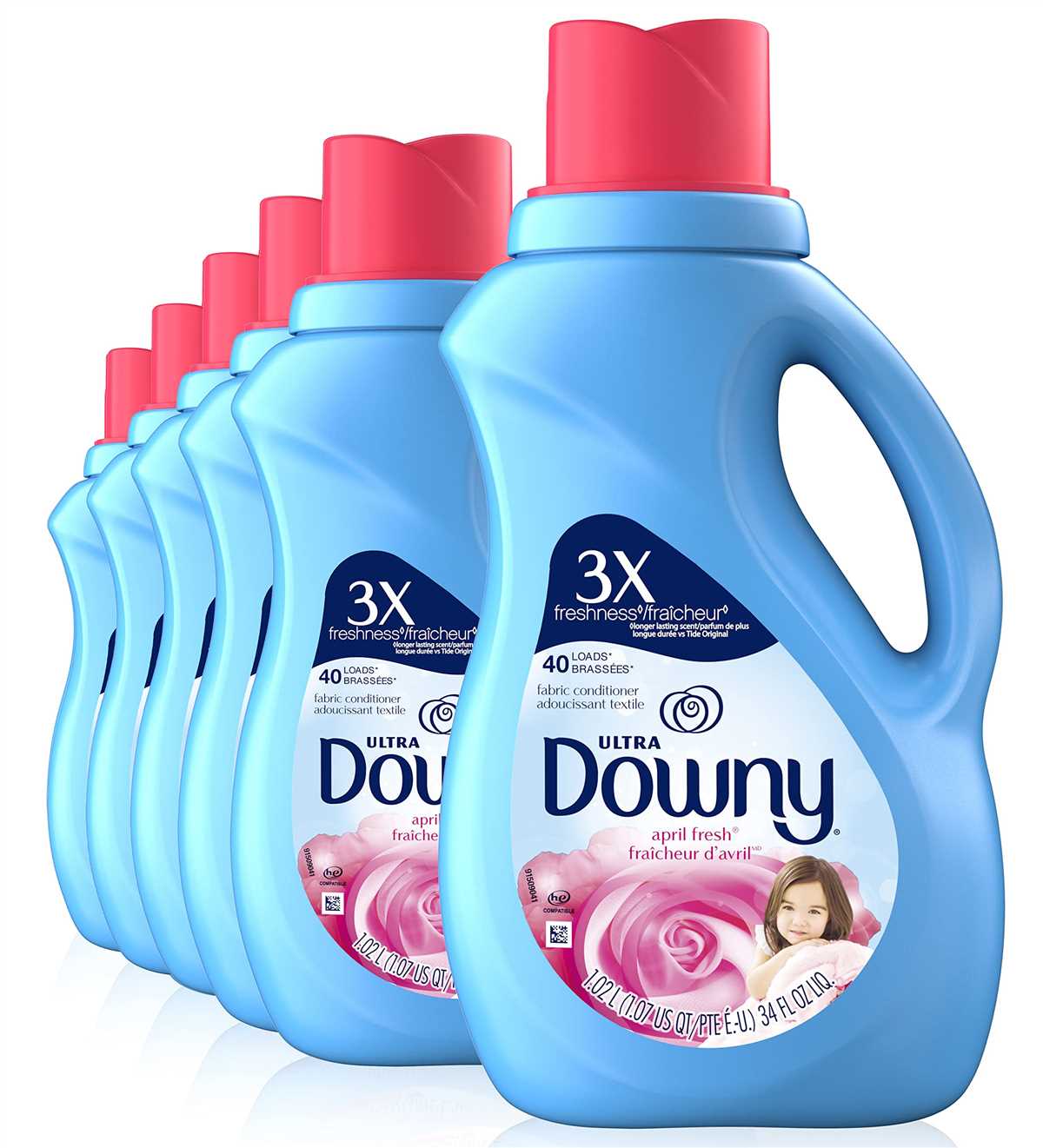
Another benefit of fabric conditioner is its ability to add a pleasing scent to the laundry. Many fabric conditioners are available in a variety of fragrances, allowing you to choose the one that suits your preference. The fragrance not only adds a pleasant smell to the clothes but also helps to mask any odors that may be present.
5. Maintaining Color and Shape
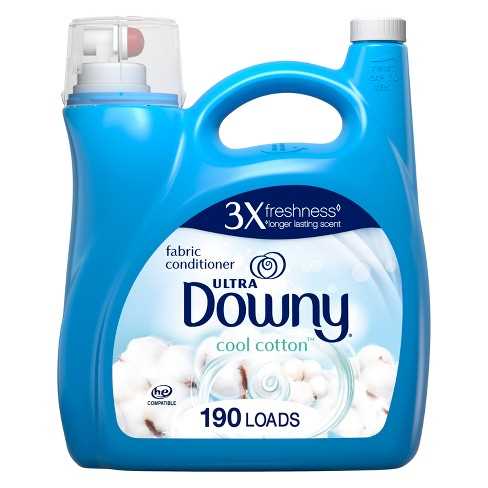
Fabric conditioner can help to preserve the color and shape of clothes over time. The lubricants in the conditioner provide a protective layer that helps to prevent fading, color bleeding, and distortion of the fabric. This can help to extend the lifespan of your clothing items, keeping them looking newer for longer.
6. Easy Ironing
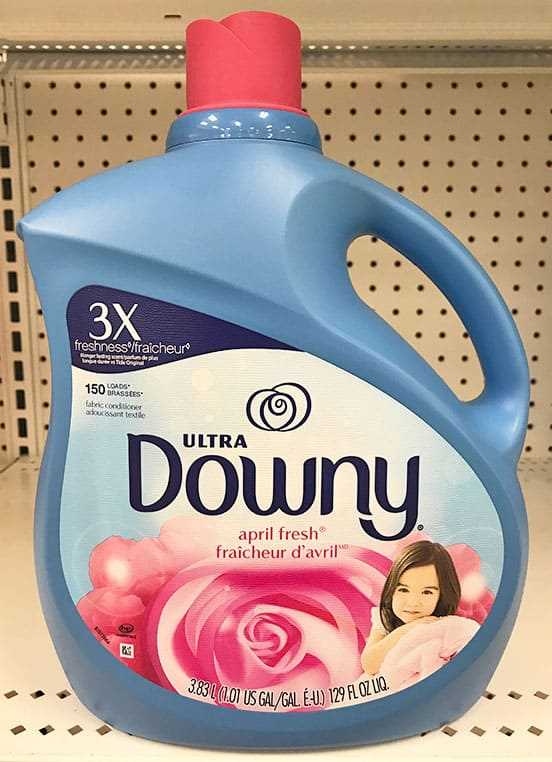
Using fabric conditioner can make ironing clothes easier. The lubricants in the conditioner reduce friction between the iron and the fabric, making it glide more smoothly. This can save time and effort during the ironing process, while also helping to prevent damage to the fabric.
Overall, fabric conditioner serves multiple functions in the laundry process. By softening clothes, reducing static cling, eliminating wrinkles, improving fragrance, maintaining color and shape, and facilitating easy ironing, fabric conditioner enhances the overall quality and longevity of your garments.
The Role of Detergent in Laundry Care
Detergent plays a crucial role in the process of cleaning clothes and maintaining their quality. It is an essential component of laundry care and is designed to remove dirt, stains, and odors from fabrics.
Cleaning Power
Detergents are specifically formulated to break down and remove various types of stains, including grease, oil, food, and dirt. They contain surfactants that help to lift dirt particles from the fabric and suspend them in water, allowing them to be rinsed away during the washing process.
Detergents also help to emulsify and solubilize oils and greasy stains, making them easier to remove. They contain enzymes that target specific types of stains, such as protein-based stains or stains from fruits and vegetables.
Brightening and Whitening
In addition to removing stains, detergents also help to brighten and whiten clothes. They contain optical brighteners, which are compounds that absorb light in the ultraviolet spectrum and re-emit it as visible light. This makes clothes appear brighter and whites look whiter.
Fabric Care
Detergents are formulated to be gentle on fabrics while still effectively cleaning them. They help to protect colors from fading and prevent fabrics from becoming dull or worn out. Some detergents also contain fabric softeners, which help to keep clothes feeling soft and reduce static cling.
Choosing the Right Detergent
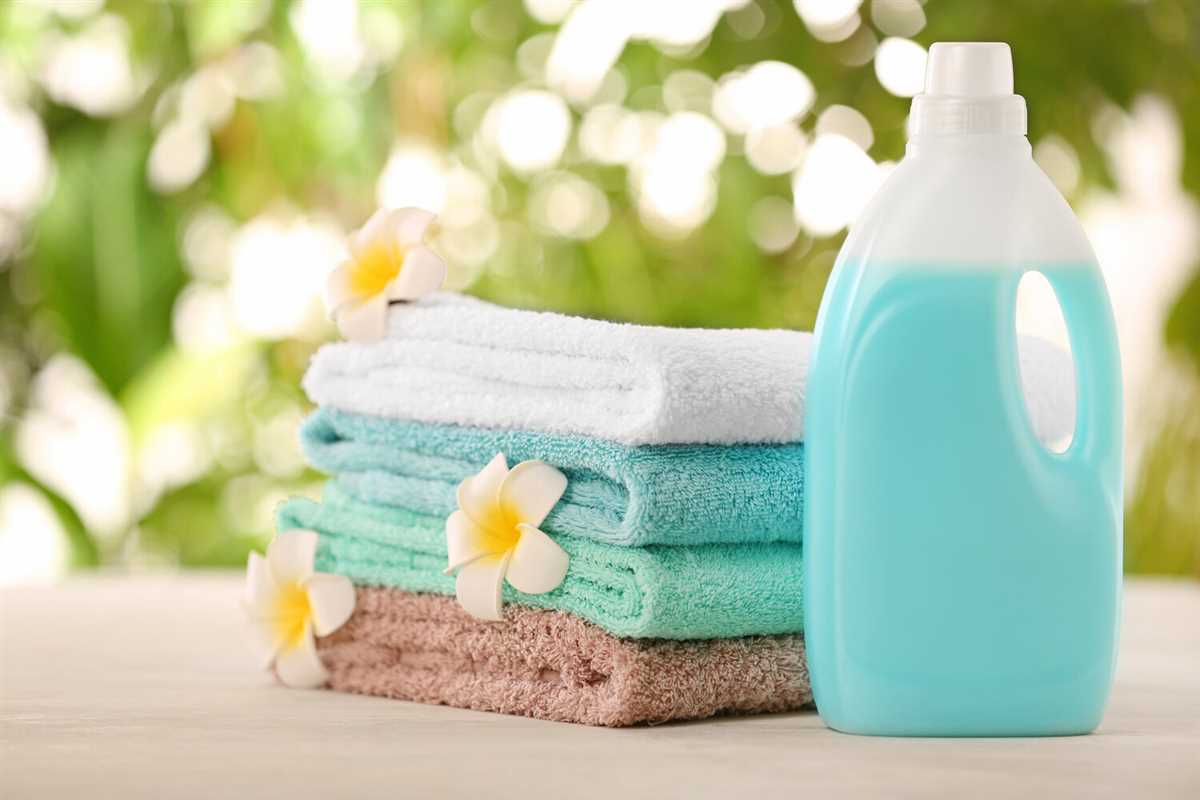
There are various types of detergents available on the market, including liquid, powder, and pod forms. It is important to choose a detergent that is suitable for the type of fabric being washed and the level of dirtiness of the clothes.
For heavily stained clothes or those made from delicate fabrics, it is recommended to use a detergent specifically designed for the purpose. Reading the labels and following the instructions on the detergent packaging is essential to ensure optimum cleanliness and fabric care.
Can Fabric Conditioner Replace Detergent?
Many people wonder if fabric conditioner can replace detergent when it comes to doing laundry. While fabric conditioner can help soften and scent clothes, it cannot completely replace detergent.
Detergent is specifically designed to remove dirt, stains, and bacteria from your clothes. It contains surfactants and enzymes that break down and lift away dirt particles. Fabric conditioners, on the other hand, work by coating the fibers of the fabric to make them feel softer and reduce static cling.
Using only fabric conditioner without detergent can lead to clothing that is not properly cleaned. Stains and dirt may not be effectively removed, and bacteria can still be present. If you rely solely on fabric conditioner, your clothes may start to smell unpleasant over time.
It is important to use detergent in conjunction with fabric conditioner to ensure that your clothes are thoroughly cleaned. Detergent should be used to clean the clothes, while fabric conditioner can be used in the final rinse cycle to soften and scent the fabric. This way, you can enjoy the benefits of both products.
When using fabric conditioner and detergent together, it is important to follow the instructions on the product labels. Use the recommended amount of detergent based on the size of the load, and add the fabric conditioner during the final rinse cycle.
Remember, fabric conditioner should not replace detergent when doing laundry. It is an additional product that provides softness and fragrance to your clothes. By using both detergent and fabric conditioner, you can ensure that your clothes are clean, fresh, and soft.
Exploring the Possibility
Many people wonder if it is possible to use fabric conditioner as a detergent. While fabric conditioner and detergent are both used during the laundry process, they serve different purposes and contain different ingredients.
Fabric conditioner is a product used to make clothes softer, reduce static cling, and add a pleasant fragrance. It is typically added during the rinse cycle after the detergent has been used to clean the clothes.
Detergent, on the other hand, is specifically designed to remove dirt, stains, and odors from clothes. It contains surfactants that help to break down and remove dirt particles from fabrics.
While fabric conditioner may have some cleaning properties, it is not designed to be a substitute for detergent. Fabric conditioner alone may not be able to effectively remove dirt and stains from clothes. It is recommended to use detergent in combination with fabric conditioner to achieve clean and soft clothes.
Using fabric conditioner as a detergent alternative could result in:
- Ineffective cleaning
- Odor and stain residue on clothes
- Build-up of fabric conditioner on fabrics over time
To ensure clean and fresh clothes, it is important to use the right products for each step of the laundry process. While fabric conditioner can enhance the softness and fragrance of clothes, it should not be used as a substitute for detergent.
Conclusion: While it may be tempting to use fabric conditioner as a detergent alternative, it is not recommended. It is best to use detergent specifically designed for cleaning clothes and fabric conditioner for its intended purpose of enhancing softness and fragrance. This will ensure that your clothes are both clean and soft, leaving them feeling and smelling great.
Pros and Cons of Using Fabric Conditioner as Detergent
Pros:
- Convenience: Using fabric conditioner as detergent can be convenient, especially if you have run out of detergent and need to do your laundry quickly.
- Softens Fabrics: Fabric conditioners are designed to soften fabrics, leaving them feeling smooth and comfortable against your skin.
- Fragrance: Fabric conditioners often have pleasant fragrances that can leave your clothes smelling fresh and clean.
- Reduces Static: Fabric conditioners help reduce static cling in clothes, preventing them from sticking to your body or other fabrics.
- Preserves Life of Clothes: Using fabric conditioner regularly can help preserve the life of your clothes by preventing wear and tear.
Cons:
- Not Ideal for Heavy Soiling: Fabric conditioners are not designed to remove heavy stains or dirt from clothes. Using fabric conditioner as detergent may not effectively clean heavily soiled items.
- Less Effective: Fabric conditioners do not have the same cleaning power as detergents. They may not be able to remove odors or bacteria from clothes as effectively.
- Potential Allergic Reactions: Some people may be allergic to certain ingredients in fabric conditioners. Using fabric conditioner as detergent may increase the risk of skin irritations or allergic reactions.
- Not Suitable for All Fabrics: Fabric conditioners may not be suitable for all types of fabrics. Certain fabrics, such as waterproof or moisture-wicking materials, may be hindered by fabric conditioners.
- Build-Up Over Time: Using fabric conditioner as detergent may lead to build-up on clothes and washing machine surfaces. This can affect the performance of both the clothes and the machine.
Overall, while using fabric conditioner as detergent may be convenient in a pinch, it is not recommended for regular use. Detergents are specifically formulated to clean fabrics, remove stains, and eliminate odors, while fabric conditioners are designed to soften fabrics and provide a pleasant fragrance. It is best to use the appropriate product for each task to ensure clean, fresh, and properly sanitized clothes.
Benefits of Using Fabric Conditioner Instead of Detergent
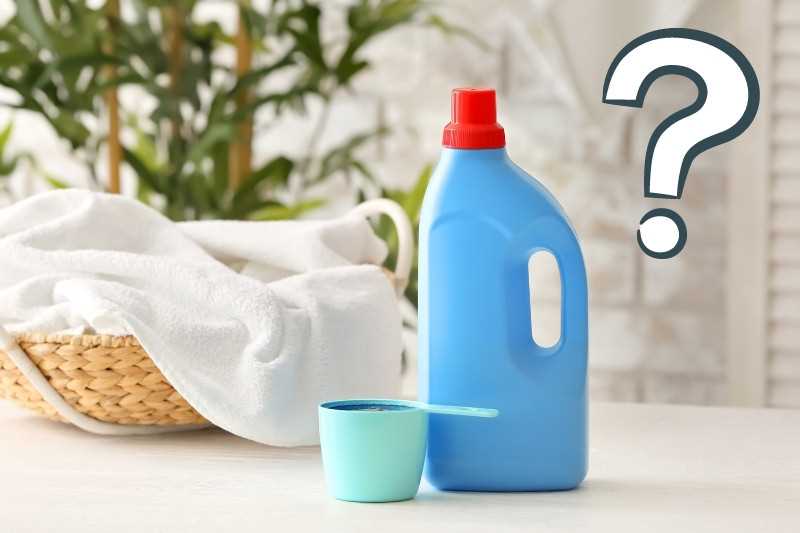
1. Enhanced Softness: Fabric conditioner leaves your clothes feeling extra soft and luxurious. It helps to restore the natural softness of the fabric, making your clothes more comfortable to wear.
2. Longer Lasting Clothes: Using fabric conditioner can help extend the life of your clothes. It reduces friction between fibers, preventing them from breaking down or getting damaged during the washing process.
3. Reduced Wrinkles: Fabric conditioner helps to reduce wrinkling in your clothes, making them look fresh and wrinkle-free after each wash. This can save you time and effort on ironing.
4. Easier Ironing: If you still prefer to iron your clothes, using fabric conditioner can make the task easier. It reduces static cling and makes the fabric smoother, allowing the iron to glide more easily.
5. Long-lasting Fragrance: Fabric conditioner leaves a pleasant and long-lasting fragrance on your clothes. This can give you a fresh and clean feeling throughout the day.
6. Gentle on Sensitive Skin: Fabric conditioner is often formulated to be gentle on the skin, making it suitable for those with sensitive skin or allergies. It can help reduce skin irritation that may be caused by harsh detergents.
7. Environmental Benefits: Fabric conditioner is usually biodegradable and less harmful to the environment compared to some detergents. Using fabric conditioner instead of detergent can help reduce your environmental footprint.
8. Versatile Use: Fabric conditioner can be used for various purposes other than laundry. It can be used to soften towels, bed sheets, and curtains, making them feel more luxurious and comfortable.
| Benefit | Description |
| Enhanced Softness | Leaves clothes feeling soft and luxurious. |
| Longer Lasting Clothes | Helps extend the life of clothes. |
| Reduced Wrinkles | Helps reduce wrinkling in clothes. |
| Easier Ironing | Makes ironing easier by reducing static cling. |
| Long-lasting Fragrance | Leaves a pleasant and long-lasting fragrance on clothes. |
| Gentle on Sensitive Skin | Formulated to be gentle on the skin. |
| Environmental Benefits | Biodegradable and less harmful to the environment. |
| Versatile Use | Can be used for various purposes other than laundry. |
FAQ
Can fabric conditioner be used as a detergent?
No, fabric conditioner cannot be used as a detergent. Fabric conditioner is designed to soften clothes and reduce static, while detergent is designed to remove dirt and stains.
What is the difference between fabric conditioner and detergent?
The main difference is their purpose. Fabric conditioner is used to soften clothes and reduce static, while detergent is used to remove dirt and stains. Fabric conditioner is added during the rinse cycle, while detergent is added during the wash cycle.
Can I replace detergent with fabric conditioner?
No, it is not recommended to replace detergent with fabric conditioner. Fabric conditioner does not have the cleaning agents necessary to remove dirt and stains from clothes. It is best to use detergent specifically designed for laundry cleaning.
What happens if I use fabric conditioner as a detergent?
If you use fabric conditioner as a detergent, your clothes will not be properly cleaned. Fabric conditioner does not have the necessary ingredients to remove dirt and stains. Your clothes may also not feel as soft or smell as fresh as they would if washed with detergent.
Can fabric conditioner and detergent be used together?
Yes, fabric conditioner and detergent can be used together. Detergent is used to clean the clothes and remove dirt and stains, while fabric conditioner is used to soften the fabric and reduce static. Fabric conditioner is added during the rinse cycle, after the clothes have been cleaned with detergent.
Can fabric conditioner be used as a detergent substitute?
No, fabric conditioner cannot be used as a detergent substitute. Fabric conditioner is a product that is used in addition to detergent to soften the fabric and add a pleasant scent.






